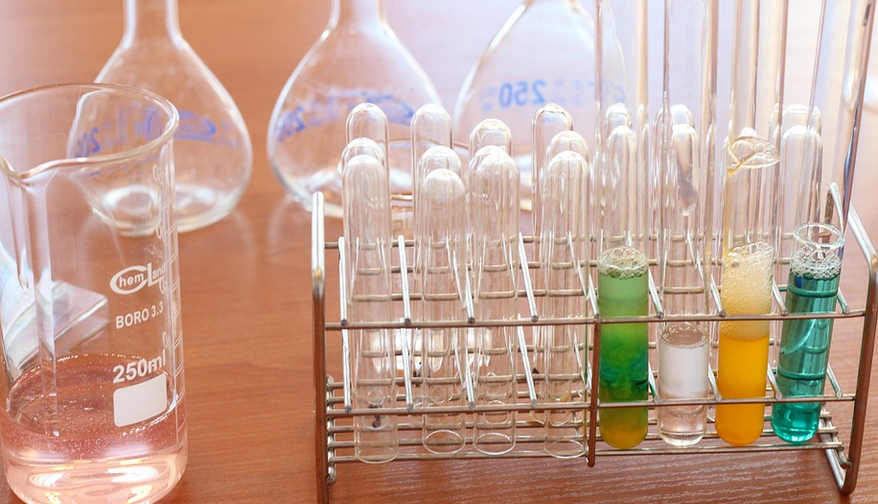Introduction
Serum albumin is a protein found in the blood that plays a crucial role in maintaining the body’s fluid balance. It also helps transport hormones, vitamins, and other substances throughout the body. Serum albumin lab values are used to measure the amount of this protein in the blood, which can provide important diagnostic information.
Normal Range
The normal range for serum albumin lab values is between 3.5 and 5.5 grams per deciliter (g/dL) of blood. However, this range may vary slightly depending on the laboratory where the test is performed. It is important to note that low serum albumin levels can indicate a variety of medical conditions.
Causes of Low Serum Albumin Levels
Low serum albumin levels can be caused by a variety of factors, including liver disease, kidney disease, malnutrition, and inflammation. In some cases, medications or other medical treatments may also affect serum albumin levels. It is important to work with a healthcare provider to determine the underlying cause of low serum albumin levels.
Diagnostic Uses
Serum albumin lab values can be used to diagnose a variety of medical conditions. For example, low serum albumin levels may indicate liver or kidney disease, malnutrition, or inflammation. High serum albumin levels may be a sign of dehydration, or may be seen in individuals with certain medical conditions, such as multiple myeloma.
Treatment Options
Treatment options for low serum albumin levels will depend on the underlying cause of the condition. For example, individuals with liver disease may require medication or other medical interventions to improve their liver function. In some cases, nutritional supplements or dietary changes may also be recommended to boost serum albumin levels.
Preventing Low Serum Albumin Levels
Preventing low serum albumin levels involves maintaining a healthy diet and lifestyle, and working closely with a healthcare provider to manage any underlying medical conditions. For individuals with liver or kidney disease, it is important to follow a treatment plan as prescribed by a healthcare provider to prevent complications.
Conclusion
Serum albumin lab values are an important diagnostic tool used to measure the amount of serum albumin in the blood. Low serum albumin levels can be a sign of a variety of medical conditions, and treatment options will depend on the underlying cause of the condition. Maintaining a healthy diet and lifestyle, and working closely with a healthcare provider, can help prevent low serum albumin levels and other complications.
Sources:
- https://labtestsonline.org/tests/serum-albumin
- https://www.mayoclinic.org/tests-procedures/serum-albumin-test/about/pac-20384643
- https://medlineplus.gov/ency/article/003480.htm

